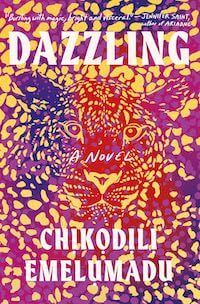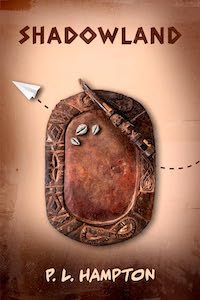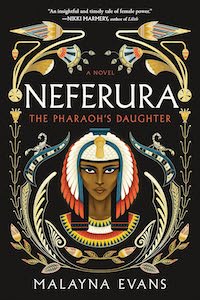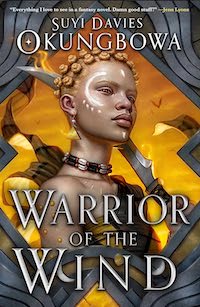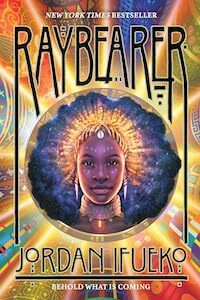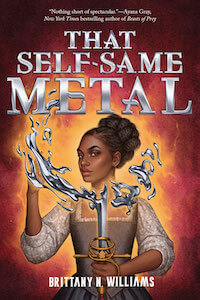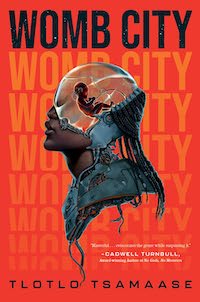9 African-Inspired Fantasies Everyone Should Read
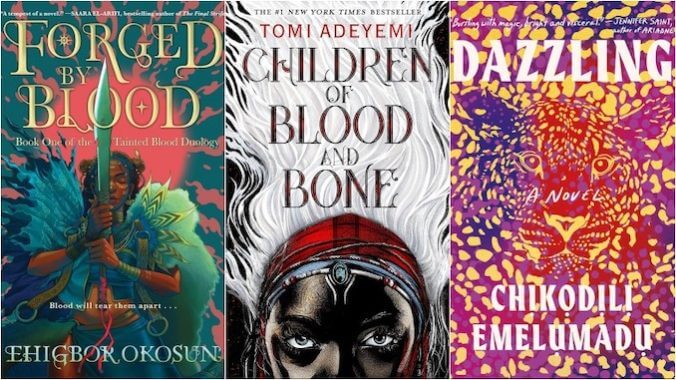
It’s official: the highly-anticipated finale of Tomi Adeyemi’s Legacy of Orïsha series is coming out in 2024! Children of Anguish and Anarchy is set to release on June 25—which for Orïsha fans is simultaneously wonderfully soon (given the previous wait between books) and so very far away. If you’re desperate to get your hands on Adyemi’s latest installment, don’t fret. There are some amazing recent books, also inspired by African culture and settings, that should help you scratch the itch while you wait!
Why African-inspired fantasy? The fantasy genre has traditionally been built on European settings—sometimes medieval feudalism, other times with cultures based more on classical Greek or Roman mythology, though still with a medieval technology level. But a whole world existed outside of Europe—just across the Mediterranean, a whole continent full of diverse cultures was busy making their own stories. In recent years, readers have gotten to experience the what-ifs of secondary worlds that lean into African culture and mythology, some of which take on the fraught, colonialist history of the continent, and others that celebrate pre-colonial powers, unhindered by foreign invaders. Other writers blend fantasy with modern African settings or even transport African folklore to the modern United States. With a growing slate of options to choose from—how do you decide what to read next?
![]()
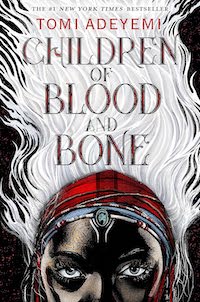
Children of Blood and Bone and Children of Virtue and Vengeance by Tomi Adeyemi
The obvious African-inspired fantasy choice, particularly if you’re waiting for Children of Anguish and Anarchy, is a reread of Adyemi’s earlier novels! If you’re unfamiliar with the books, the Legacy of Orisha series began with 2018’s Children of Blood and Bone, in which a ruthless king outlaws magic and has all who practice it killed. Zélie, whose mother was murdered due to the king’s laws, is determined to bring back magic—and overthrow the monarchy. But Zélie struggles with controlling her own powers, and between managing her own magic and confronting a growing attraction to an enemy, she may have trouble saving even herself.
The series continued in 2019, with Children of Virtue and Vengeance, picking up from the victory of Zélie and her unlikely ally Princess Amari in bringing magic back. But the ritual they completed brought magic back to more than just the maji: noble families with magical ancestry are suddenly awakened as well. The power struggles over the rightful heir to the throne, added to the conflicts among maji groups that keep them from uniting, look as though they will lead to civil war—and Zélie must find a way to stop it if she wants to save the kingdom. The second installment ends on a cliffhanger, so if you’re picking these up for the first time, be grateful you didn’t have to wait five years to get the conclusion!
![]()
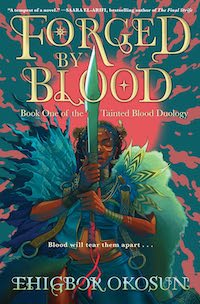
Forged by Blood by Ehigbor Okosun
For an entirely new voice, debut author Ehigbor Okosun’s novel Forged by Blood begins a duology set in a colonized nation, where magic has been outlawed. That doesn’t stop rich Eingardians, most of whom are nonmagical Ajes, from enlisting Oluso, people of Ifé who are magically gifted, when it suits them. But too often, the Eingardians turn on those whose help they’ve bought—which is exactly what happened to Dèmi and her mother. When Dèmi’s mother saves the life of a sick Eingardian prince, she’s turned into the law and killed for secrets she’s hidden, leaving Dèmi to flee from her childhood home.
Years later, Dèmi waits for an opportunity to strike back at the prince she blames for her mother’s death. Only, it’s not that simple, and the revenge Dèmi thought she was seeking turns into something larger, a way to restore the rights of the Oluso and change the balance of power. Dèmi is a young woman when the book’s main plot begins, and the narration leans into her youthful, well-earned cynicism; it also features a love triangle, making this likely to appeal to both YA and adult readers—especially fans of the Orïsha books and C.L. Clark’s “Magic of the Lost” series. Ifé is beautifully drawn, and the cost of magic has exactly the right amount of weight. This is definitely a good one to read before the sequel, Exiled by Iron, hits shelves in October 2024!
![]()
-

-

-

-

-

-

-

-

-

-

-

-

-

-

-

-

-

-

-

-

-

-

-

-

-

-

-

-

-

-

-

-

-

-

-

-

-

-

-

-

